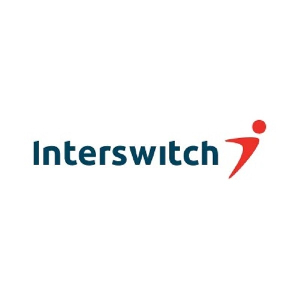Nigeria’s Senate has passed four major tax reform bills, which are described as the most significant overhaul of the country’s tax system in decades. Tax analyst Arabinrin Aderonke Atoyebi hailed the move as a major step toward a sustainable and inclusive economy.
“For years, Nigeria’s tax system has been a source of frustration, something we all got used to criticising,” Atoyebi stated. “Truthfully, it was not just tax. From electricity to education to healthcare, we have long complained about the failure of government systems.”
How the Tax Reform Bill will benefit Nigerians
The newly approved bills – the Nigeria Tax Bill 2024, Nigeria Tax Administration (Procedure) Bill 2024, Nigeria Revenue Service (Establishment) Bill 2024, and the Joint Tax Board (Establishment) Bill 2024 – aim to modernise tax administration, reduce Nigeria’s reliance on oil revenue, and empower states to grow economically.
According to Atoyebi, the reforms reflect the vision of President Bola Tinubu, who, she said, recognised that “to rebuild Nigeria truly, we needed a tax system that would create sustainable revenue, spread the burden fairly, and give every Nigerian… a reason to trust government again.”
The features of the new bill
In an exclusive chat with Legit.ng, Atoyebi said one of the reforms' most anticipated features is the new Value Added Tax (VAT) sharing formula. Under the new structure, 50% of VAT revenue will be shared equally among all states, 20% based on population, and 30% according to actual consumption.
“It’s a formula designed to balance fairness with performance, giving each state a stake while encouraging economic activity and good governance,” Atoyebi explained.
Importantly, the Senate chose to maintain the VAT rate at 7.5%, resisting calls to raise it. “For Nigerians, that means no new burden added to goods and services,” she said.
The bills also ensure the continued funding of strategic development agencies, including TETFUND, NASENI, and NITDA—organisations that support education, engineering, and innovation.
Another highlight of the reforms is the transformation of the Federal Inland Revenue Service (FIRS) into the Nigeria Revenue Service. Atoyebi noted that this is “not just a name change,” but a coordinated effort to improve tax transparency and support revenue generation at all levels of government.
FIRS to drive the charge
She commended Zacch Adedeji, the Executive Chairman of FIRS, for driving the reforms and leading the redesign of the agency. “If anyone has earned respect in this space, it is him,” Atoyebi said. “His work shows that reforms are possible when people in charge are ready to do better.”
With the passage of the bills, the next phase is harmonisation, where the Senate and House of Representatives will align any differences in their respective versions. Once harmonised, the bills will be forwarded to the President for assent and then published in the official gazette.
“This is the Renewed Hope Nigerians have been waiting for,” Atoyebi concluded. “The changes are here; these reforms give us the chance to do things right.”
If fully implemented, the new laws could transform Nigeria’s tax landscape, improve revenue generation, and lay the groundwork for a more equitable and transparent fiscal future.
Lawmakers approve Tax Reform Bill, modify VAT charge
Legit.ng earlier reported that the Federal House of Representatives has finally adopted the Committee on Finance report on the Tax Reform Bills.
The lawmakers considered the recommendations clause-by-clause after the committee chairman, James Falake, moved the motion.
Section 146 of the Nigeria Tax Bill had proposed a phased increment of the Value-Added Tax (VAT) from the current 7.5%, first to 12.5% in 2026, and finally to 15% by 2030.
Business News of Friday, 9 May 2025
Source: www.legit.ng













